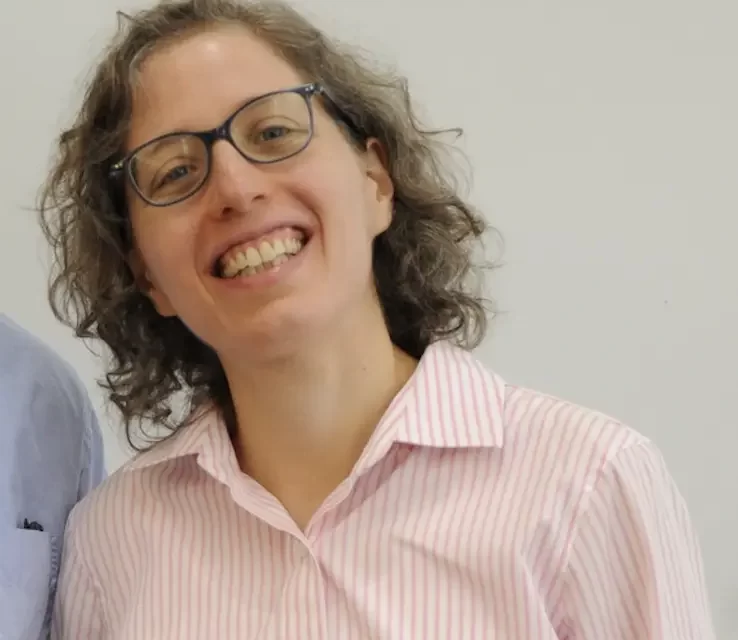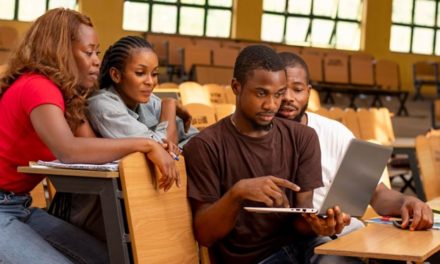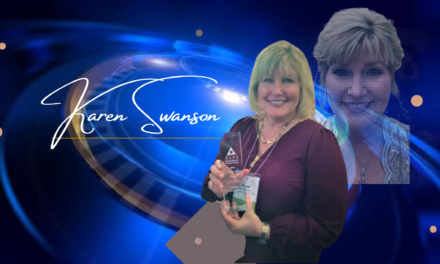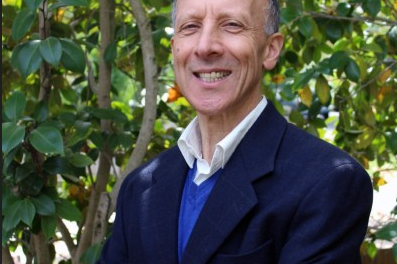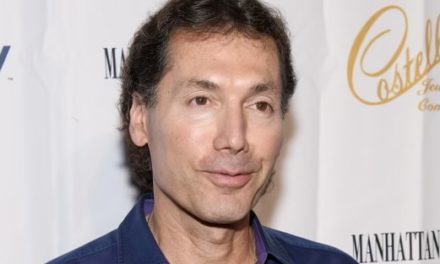Shoshana Leffler is an accomplished educator and developmental geneticist based in the Bronx, New York, known for her innovative approach to STEM education. With a strong foundation in science, she holds an A.B. in Chemistry from Princeton University and a Ph.D. in Developmental Genetics from New York University. Her doctoral research, which involved developing a groundbreaking mathematical model of the cerebellum to predict childhood brain cancer occurrences, demonstrated her ability to apply complex scientific principles to real-world problems.
Shoshana has translated her expertise into a dynamic teaching career, primarily focusing on high school chemistry and biology. She is passionate about making STEM subjects accessible and engaging, particularly for students in Title 1 schools. Through her inquiry-based learning approach, she encourages students to explore scientific concepts through hands-on experiments, critical thinking, and real-world applications. Her methods have proven effective in enhancing student engagement and comprehension, especially in underserved communities.
In addition to her classroom work, Shoshana Leffler has contributed to educational training programs, sharing her inquiry-based learning strategies with fellow educators. She is also actively involved in community initiatives that emphasize sustainability and education. Shoshana’s dedication to fostering curiosity, problem-solving, and a love for learning has earned her recognition, including the prestigious MƒA Master Teacher Fellowship. As both a scientist and educator, she continues to inspire a new generation of students to pursue STEM fields with confidence and enthusiasm, making a lasting impact on the educational landscape.
What’s something you learned during your Ph.D. journey that you think most people might not realize?
One of the biggest things I learned is that doing a Ph.D. is not just about mastering a specific subject—it’s about learning how to navigate uncertainty and failure. I think there’s a misconception that doing research is a linear process, where you just keep making steady progress. In reality, it’s more like taking two steps forward and one step back. There were so many times during my research when my experiments didn’t work, or the data didn’t make sense, and I had to pause, rethink, and try again. That process taught me resilience, problem-solving, and how to be comfortable with the unknown. It’s a lesson that applies beyond the lab, teaching you how to stay motivated even when things aren’t going as planned.
How did your Ph.D. experience shape your understanding of collaboration?
I realized that collaboration is crucial, even in what might seem like an independent research endeavor. You can’t do everything alone, and having a network of supportive colleagues makes a massive difference. During my Ph.D., I frequently collaborated with people from different fields, like statisticians, bioinformaticians, and other biologists, to understand complex aspects of my project. I discovered that some of the best ideas come from conversations with others who have a different perspective. It’s easy to feel like you have to be an expert in everything, but knowing when to ask for help or seek input can actually enrich your work and lead to more innovative outcomes.
What was something unexpected you learned about time management while working on your Ph.D.?
You learn very quickly that time is both your greatest resource and your biggest challenge. One surprising lesson was that productivity isn’t about working non-stop; it’s about working smart. There were periods when I’d be in the lab late at night, only to realize that sometimes stepping away is just as valuable as pushing through. Some of my best ideas or problem-solving moments happened when I wasn’t actively working on my project—whether I was on a walk, cooking, or doing something completely unrelated. You start to realize that taking breaks and managing your energy is part of the process, not a sign of slacking off.
How did you handle the pressure of publishing and presenting your research?
It’s definitely one of the more challenging aspects of doing a Ph.D. There’s a lot of pressure to produce results and share them with the academic community, and that can feel overwhelming at times. What helped me was reframing the process as a journey rather than a destination. Instead of seeing publication as the ultimate goal, I started viewing it as an opportunity to share my findings and contribute to a larger conversation. This mindset shift made it easier to handle rejection or criticism because I saw those moments as stepping stones toward refining my work. It’s all part of the learning process, and being open to feedback is essential for growth.
What’s one skill you gained during your Ph.D. that you didn’t expect to develop?
I didn’t anticipate just how much writing would become a crucial skill. Of course, I knew I’d have to write a thesis, but I didn’t realize how often I’d be writing proposals, grant applications, research papers, or even emails that required clear and effective communication. Being able to distill complex ideas into concise, understandable language is incredibly valuable. It’s not just about writing for other scientists—it’s about being able to communicate your work to people outside your field, which is essential if you want your research to have a broader impact.
How did the experience of doing a Ph.D. change your approach to teaching?
My Ph.D. experience profoundly influenced my teaching style. I realized that learning is not about having all the answers; it’s about knowing how to ask the right questions. This realization led me to adopt more of an inquiry-based approach in the classroom, where I encourage my students to think critically, explore different possibilities, and embrace uncertainty. Just like in research, learning isn’t always about getting it right on the first try. I want my students to understand that the process of discovery is just as valuable as the end result, and that’s something my Ph.D. journey taught me firsthand.
How did your Ph.D. experience shape your understanding of the importance of mentorship?
Going through a Ph.D. program made me realize just how essential mentorship is—not just for guiding you through the research process but for helping you navigate the emotional ups and downs that come with it. I had mentors who supported me when I felt stuck, offering encouragement and helping me see my work from different perspectives. They weren’t there to give me all the answers but to ask the right questions and challenge my thinking. That’s something I carry into my own teaching and mentoring now. I’ve learned that being a mentor isn’t about telling someone what to do; it’s about helping them find their own path and empowering them to make their own discoveries. This kind of guidance can make all the difference in whether someone feels confident and capable in their work, and it’s one of the most valuable aspects of the academic journey.
What role did failure play in your Ph.D., and how did it influence your approach to problem-solving?
Failure was a constant companion during my Ph.D., but it taught me resilience and adaptability. In research, things rarely go as planned—experiments fail, hypotheses turn out to be incorrect, and you often have to go back to the drawing board. Initially, it was frustrating, but over time, I realized that these setbacks were valuable learning opportunities. They pushed me to think more creatively, to try different approaches, and to develop a problem-solving mindset that’s both flexible and persistent. It’s easy to see failure as a sign that you’re not capable, but in reality, it’s a natural part of the scientific process. Embracing it allowed me to approach challenges with curiosity rather than fear, which is something I now encourage my students to do. It’s not about avoiding failure but about using it as a tool for growth and discovery.
